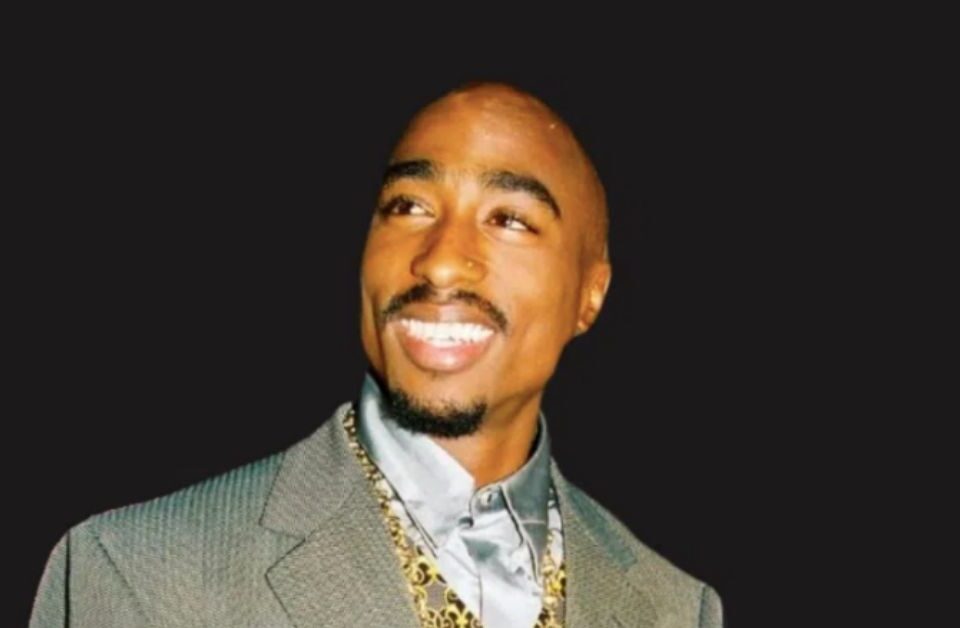Dr. Khalid Muhammad’s voice helped define some of Hip-Hop’s most revolutionary records. Now, decades after his death, his family says it’s time for the industry to pay up.
In a sweeping legal campaign, Dr. Khalid Muhammad’s estate has filed three federal lawsuits in California, accusing major artists and record labels of exploiting the late activist’s speeches without consent, credit or compensation. The targets? Some of the most revered names in Hip-Hop/R&B, including Tupac Shakur, Public Enemy and D’Angelo.
“These lawsuits are not an attack on Public Enemy, Tupac’s family or D’Angelo,” said attorney Malik Zulu Shabazz, who represents the estate. “They are about accountability. The record labels and music corporations exploited Khalid Muhammad’s voice for profit, just like they’ve done to the Black artists whose songs featured him. Most of these artists don’t even own the rights to their own music. They’ve been exploited, too.”
In an exclusive statement to AllHipHop, Dr. Muhammad’s 79-year-old sister Gloria Valson broke her silence and didn’t mince words when calling out the industry players she says manipulated her brother’s legacy for profit.
“This is about Tupac Shakur’s record label—the one run by Tom Whalley—the man who profited off my brother’s legacy while denying him the credit and compensation he deserved,” she said.
Valson referenced 2Pac’s 1996 Makaveli track “White Man’z World,” which uses Muhammad’s voice in the intro.
“Let’s be clear,” she continued. “Tupac was murdered. And though his Makaveli album came out after his death, we know he would have wanted my brother, Dr. Khalid Muhammad, to be credited and paid for the use of his voice. Instead, he was exploited by Tom Whalley and his label. They pretended to be down with the Nation, but they turned their backs on my brother.”
The lawsuits also target D’Angelo’s politically-charged “1000 Deaths” and Public Enemy’s classic “Night of the Living Baseheads.” Both tracks employ Muhammad’s fiery rhetoric helped shape the mood of the track.
“You want to talk about D’Angelo—with a name like Black Messiah, you should know better,” Valson added. “You took my brother’s voice, used a whole minute of his speech and never got permission. Not a second should’ve been used. You owe the family. Pay what you owe.”
Public Enemy, whose politically laced music has long been associated with Black empowerment, also faces scrutiny over the alleged unlicensed use of Muhammad’s voice. If the estate succeeds, it could fundamentally alter “Night of the Living Baseheads,” one of the group’s most iconic records.
Legal notices have reportedly been sent to Ice Cube, Common and Public Enemy, demanding proof of any licensing or royalty agreements involving Muhammad’s speeches.
The estate seeks $5 million per infringement, plus legal fees and a permanent injunction to stop further usage.
“This has been going on for decades,” Muhammad’s sister said. “That’s why we’ve filed these lawsuits. What’s happened is disgraceful, plain and simple. We want to fix what’s been wrong for too long. We want justice and restitution, not just for our family but for the mission Khalid Muhammad lived and died for.”
While some may question the timing or motivation, the family says this isn’t just about money.
“The funds from this lawsuit won’t just line our pockets,” she said. “We intend to build a Black museum, a resource center and institutions for Black studies. These are costly endeavors, but they are necessary and they are worth it.”
Dr. Khalid Muhammad, known for his unapologetic stance on Black empowerment as both a spokesman for the Nation of Islam and a leader in the New Black Panther Party, died in 2001. His speeches—still circulating widely on social media, YouTube and in samples—remain a powerful force in Black political consciousness.
“Dr. Khalid Muhammad was fearless,” his sister concluded. “He stood for Black truth and Black liberation. We need more fearless Black voices to rise up behind him.”
